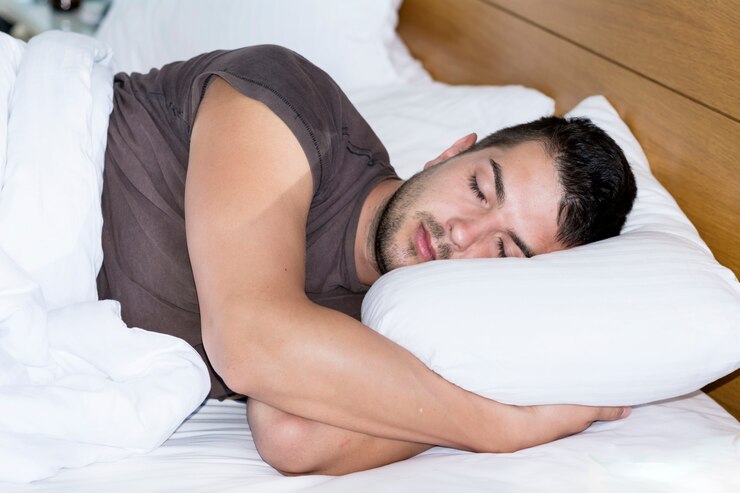As people increasingly use social media for health information a new study from Auburn University finds that most sleep hacks shared on TikTok are supported by scientific evidence. Of the 35 sleep tips found on TikTok during a two-day period in November, 29 were backed by scientific research, according to the study findings. Thirty-five unique sleep tips were identified and grouped around seven themes: calming activities (such as breathwork before bed), use of electronics (limiting screen time before bed), environment (like sleeping in a cool, dark room), foods/substances to avoid (caffeine before bed), foods/substances to use (magnesium), schedule (having consistent bed and wake times), and other sleep-related behaviors (such as mouth taping). Only 15% of TikTok from medical professionals included non-factual information, the University of Chicago study determined, compared to nearly 60% of videos from nonmedical influencers. Health advice on TikTok is unregulated — and a recent analysis from the University of Chicago found that around 44% of sinusitis-related TikTok contain non-factual information. The researchers called on health care professionals to be more active on social media to combat misinformation. These results suggest that the sleep research and sleep medicine communities have done a good job of promoting appropriate tips for sleep hygiene
Thank you for reading this post, don't forget to subscribe!
Monday, October 6, 2025


